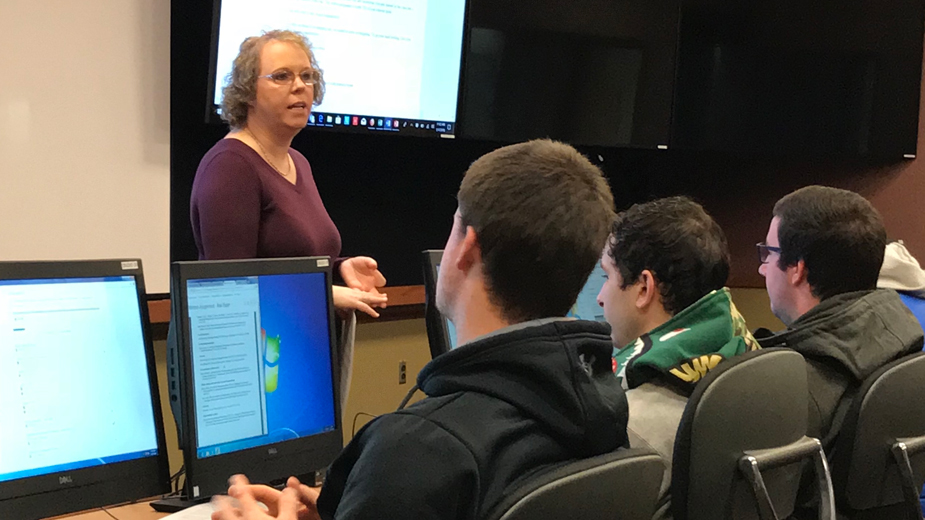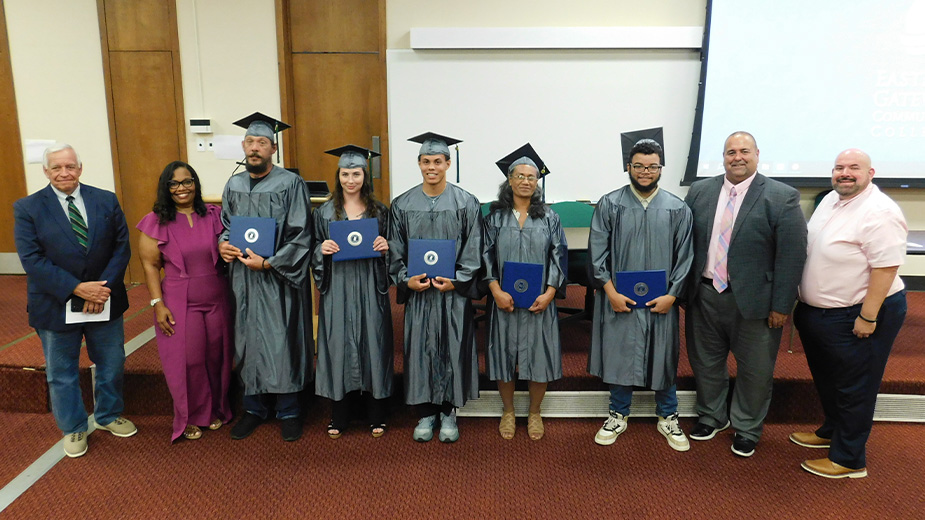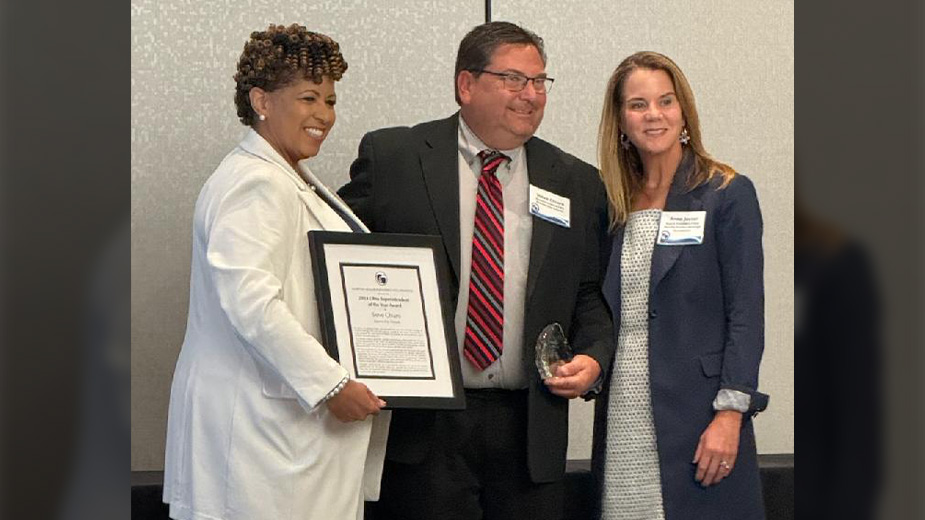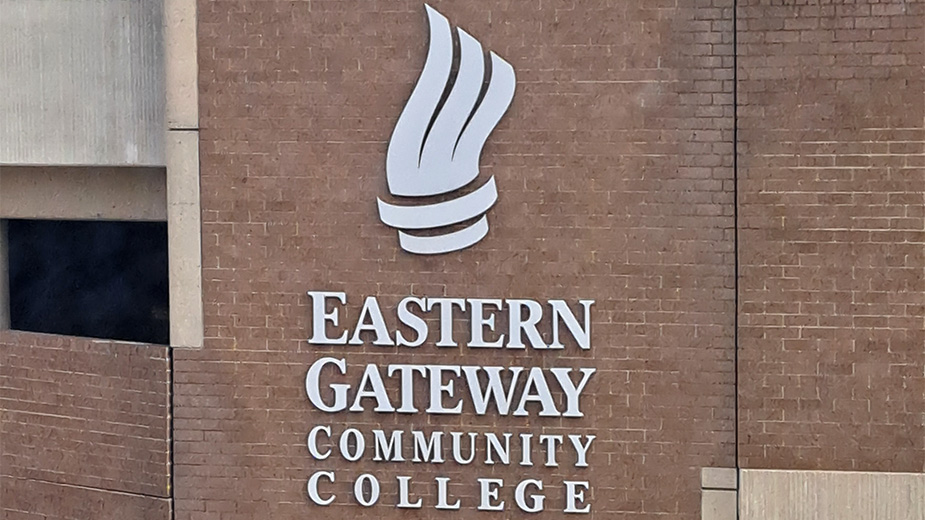Colleges Revise Curricula to Meet Business Needs
YOUNGSTOWN, Ohio – Colleges and universities in the region are listening to businesses as they refine their curricula. The goal: to ensure their graduates have the skills to find gainful employment.
The programs span several disciplines, from science, technology, engineering and mathematics, or STEM, to business and health care – even the performing arts. And the schools are building new majors from existing coursework or updating programs by incorporating modern technology.
Eastern Gateway Community College is securing acceditation for six new programs, including a surgical first assistant certification exclusive to Youngstown, says its president, Jimmie Bruce.
The certification can be completed in a year or less and allows registered nurses to provide first assistance in surgery, he says.
Bruce hopes to launch the program this fall, classes to be held on the first floor of the Harshman Building, 101 E. Boardman St. Last September, the Western Reserve Port Authority, which is buying the building, approved a 10-year lease with EGCC. Of the five classrooms planned, one will be dedicated to training surgical first assistants.
Except for a new associate’s degree in business that focuses on labor studies and labor relations, all new programs at Eastern Gateway focus on technology, health care and science.
“That’s where the demand is and where the jobs are,” Bruce says. “The tech and health care will supplement some of the stuff we’re doing with manufacturing and machining, which we put a heavy focus on in the Youngstown area.”
Pending final approvals, new programs are three associate degrees in applied science: coding, gaming and app development; cybersecurity; and a degree in fire science that focuses on leadership.The coding degree should be offered next fall with some coursework starting as early as this summer, Bruce says.
“We’ve had tremendous interest in those programs,” Bruce says.
Eastern Gateway is exploring a cybersecurity program, which Bruce hopes to have ready by the spring term of next year.
With high profile cyberattacks in recent years, more post-secondary schools are addressing the need for cybersecurity education.
In October, the state approved a baccalaureate in cybersecurity offered by the University of Akron and about 60 students are enrolled for the spring. John Nicholas, a computer information systems professor at Akron, says he expects the market to drive enrollment up next year.
Unemployment in the cybersecurity field is at minus 13%, he says, and entry-level classes for the major are up 96% over this time last year.
“Right now, we cannot graduate enough people to meet the demand,” Nicholas says. “If we can get people to stay in northeastern Ohio, they’ll be working.”
The program gives students a deep understanding of encryption and cybersecurity technology and has students work alongside a cybersecurity professional. After their senior year, Nicholas says graduates will be “readily employable.” At least eight companies have approached the university about hiring cybersecurity graduates, he says.
“We’re focusing on corporate America, but we’re talking to military officials, government officials, public- and private-sector folks,” he says. “And they’re all interested in our degree and our graduates.”
Akron added a major, minor and certification for risk management and insurance, or RMI, as well as an MBA with a focus on risk management. Jill Bisco, assistant professor of finance, helped develop the program. She brings 24 years of industry experience to the university.
The program prepares students to work in either the risk management or insurance departments of large companies, Bisco says.
In Ohio, some 29,000 jobs will open between now and 2024 in property and casualty alone, she says.
“The need for students is huge,” Bisco continues. “We’re not the only program in the state. But all of us together, we’re barely touching the need in the industry.”
Traditionally, students picked either risk management or insurance coursework, but the program educates students for both.
“We wanted to make our students as diverse as we could,” she says. The university reviewed 30 similar programs across the nation and formed an advisory board of RMI professionals who continue to meets three or four times a year.
“They routinely give us feedback on things that are occurring in the industry,” she says.
Twelve students are enrolled in the major, another dozen in the minor and at least three or four MBA candidates. In September, the university partnered with the Gamma Beta chapter of Gamma Iota Sigma, the international fraternity for risk management, insurance and actuarial science students. It already has 23 members.
Other new programs at Akron are majors in criminal justice, which includes coursework in sociology and political science, and criminal intelligence analysis, or CIA.
Grove City College in Grove City, Pa., has added majors in Christian ministries, music performance, neuroscience and social work. Fourteen new minors run the gamut from cybersecurity to musical theater.
The social work major is being considered for accreditation through the Council on Social Work Education, says Robert Graham, Grove City provost and vice president of academic affairs. The college is set for an accreditation visit this spring, which Graham believes should have a positive outcome.
“That’s really an essential thing for us,” Graham says. “We started from the beginning with that accreditation in mind.”
The Bureau of Labor Statistics projects that the job outlook for social workers should increase 15% between 2016 and 2026, which is faster than the 7% average growth rate for all occupations. Grove City researches state, regional and national job trends when it considers whether to add new academic programs, he says.
“We did our due diligence and looked at job opportunities, potential student demand and our ability to deliver these effectively,” he says.
The project to restore the Robins Theater in downtown Warren is perfect timing for Kent State Trumbull’s new bachelor of arts in theater, says its dean and chief administrative officer, Lance Grahn. The program begins next fall and should give students more opportunities to stay actively involved in theater and to pursue professional training in the arts, he says.
“We have a 50-year history of university and community theater, but we’ve never had a theater major,” Grahn says. “We have a wonderful opportunity to help Warren develop a reputation in the theater arts.”
Other programs introduced at Kent State Trumbull are a degree in public health and respiratory care offered online, an occupational therapy program where students start there and make the transition to other campuses, an X-ray technician program and an insurance studies program given online and thus available to students anywhere in the world.
“There is a great need for trained insurance professionals throughout the industry nationwide,” Grahn says. “We’re expecting this program to really take off.”
Pictured: Jill Bisco helped develop the University of Akron’s risk management and insurance program. Some 29,000 insurance jobs will open in Ohio by 2024, she says.
Copyright 2024 The Business Journal, Youngstown, Ohio.



